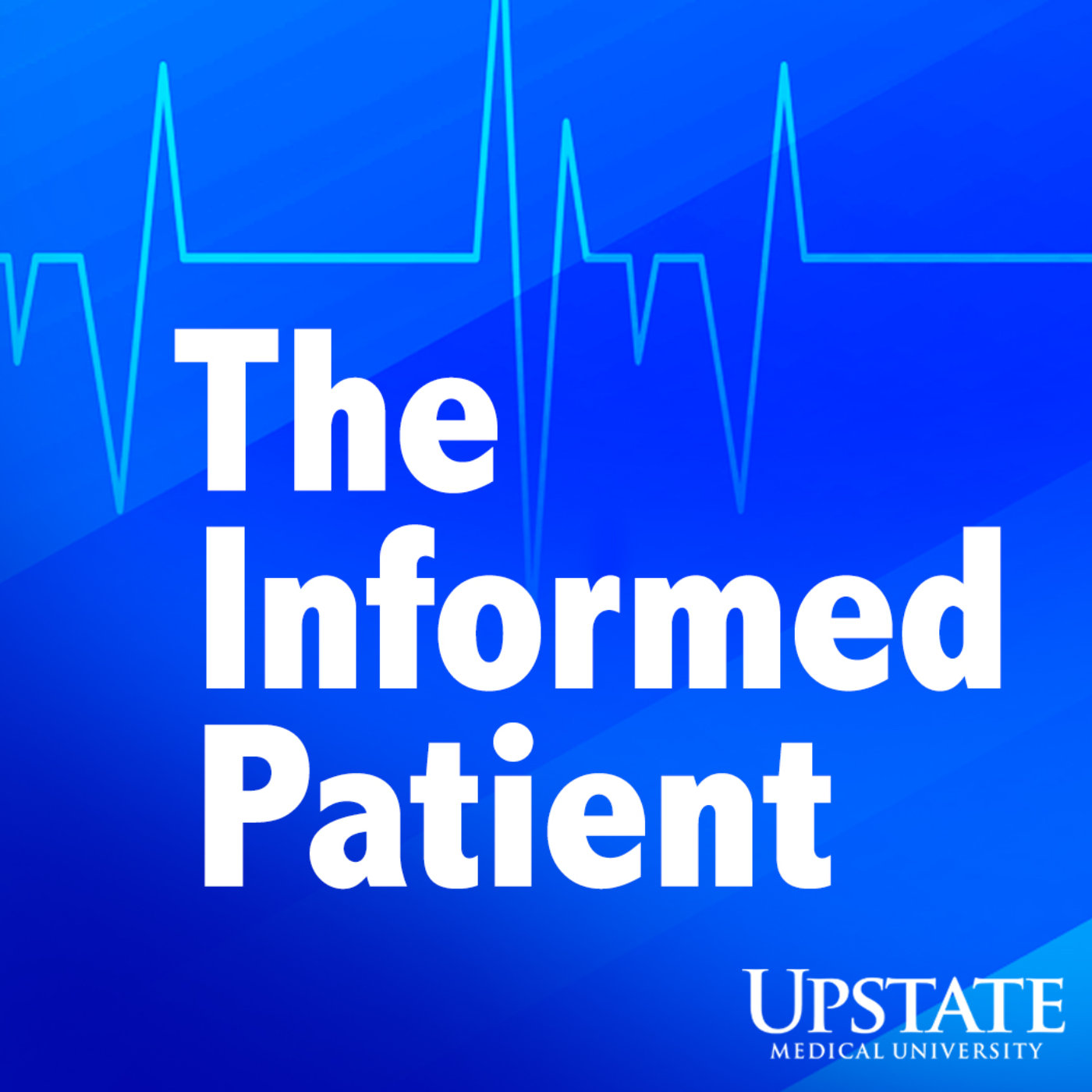- Health
- SEE MORE
- classical
- general
- talk
- News
- Family
- Bürgerfunk
- pop
- Islam
- soul
- jazz
- Comedy
- humor
- wissenschaft
- opera
- baroque
- gesellschaft
- theater
- Local
- alternative
- electro
- rock
- rap
- lifestyle
- Music
- como
- RNE
- ballads
- greek
- Buddhism
- deportes
- christian
- Technology
- piano
- djs
- Dance
- dutch
- flamenco
- social
- hope
- christian rock
- academia
- afrique
- Business
- musique
- ελληνική-μουσική
- religion
- World radio
- Zarzuela
- travel
- World
- NFL
- media
- Art
- public
- Sports
- Gospel
- st.
- baptist
- Leisure
- Kids & Family
- musical
- club
- Culture
- Health & Fitness
- True Crime
- Fiction
- children
- Society & Culture
- TV & Film
- gold
- kunst
- música
- gay
- Natural
- a
- francais
- bach
- economics
- kultur
- evangelical
- tech
- Opinion
- Government
- gaming
- College
- technik
- History
- Jesus
- radio
- movies
- services
- Church
- podcast
- Education
- international
- Transportation
- Other
- kids
- podcasts
- philadelphia
- Noticias
- love
- sport
- Salud
- film
- and
- 4chan
- Disco
- Stories
- fashion
- Arts
- interviews
- hardstyle
- entertainment
- humour
- medieval
- literature
- alma
- Cultura
- video
- TV
- Science
- en
What to know about emergency care for head injuries

Bill Paolo, MD (photo by Jim Howe) Bill Paolo, MD (photo by Jim Howe) Several things can happen after a head injury that signal the person should be treated in a hospital emergency department, says Several things can happen after a head injury that signal the person should be treated in a hospital emergency department, says Bill Paolo, MD, Bill Paolo, MD, an associate professor of emergency medicine and of public health and preventive medicine at Upstate. A loss of consciousness, nausea, vomiting and amnesia can be signs of moderate or traumatic brain injury. Also, those younger than 2, older than 65 or who are taking blood-thinning medication may be more at risk from a head injury and should probably be evaluated at a hospital. Paolo explains how head injuries are treated and what kinds of testing to expect in the emergency department. an associate professor of emergency medicine and of public health and preventive medicine at Upstate. A loss of consciousness, nausea, vomiting and amnesia can be signs of moderate or traumatic brain injury. Also, those younger than 2, older than 65 or who are taking blood-thinning medication may be more at risk from a head injury and should probably be evaluated at a hospital. Paolo explains how head injuries are treated and what kinds of testing to expect in the emergency department.